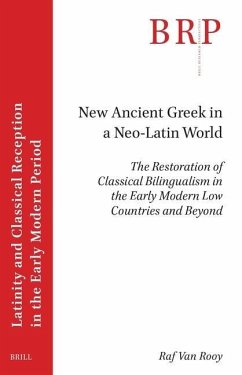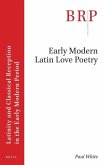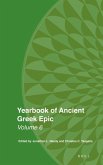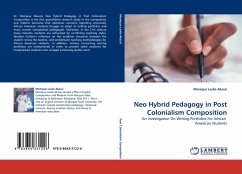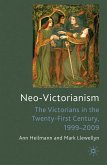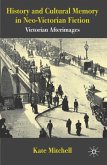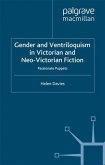Did you know that many reputed Neo-Latin authors like Erasmus of Rotterdam also wrote in forms of Ancient Greek? Erasmus used this New Ancient Greek language to celebrate a royal return from Spain to Brussels, to honor deceded friends like Johann Froben, to pray while on a pilgrimage, and to promote a new Aristotle edition. But classical bilingualism was not the prerogative of a happy few Renaissance luminaries: less well-known humanists, too, activated their classical bilingual competence to impress patrons; nuance their ideas and feelings; manage information by encoding gossip and private matters in Greek; and adorn books and art with poems in the two languagges, and so on. As reader, you discover promising research perspectives to bridge the gap between the long-standing discipline of Neo-Latin studies and the young field of New Ancient Greek studies.
Hinweis: Dieser Artikel kann nur an eine deutsche Lieferadresse ausgeliefert werden.
Hinweis: Dieser Artikel kann nur an eine deutsche Lieferadresse ausgeliefert werden.

